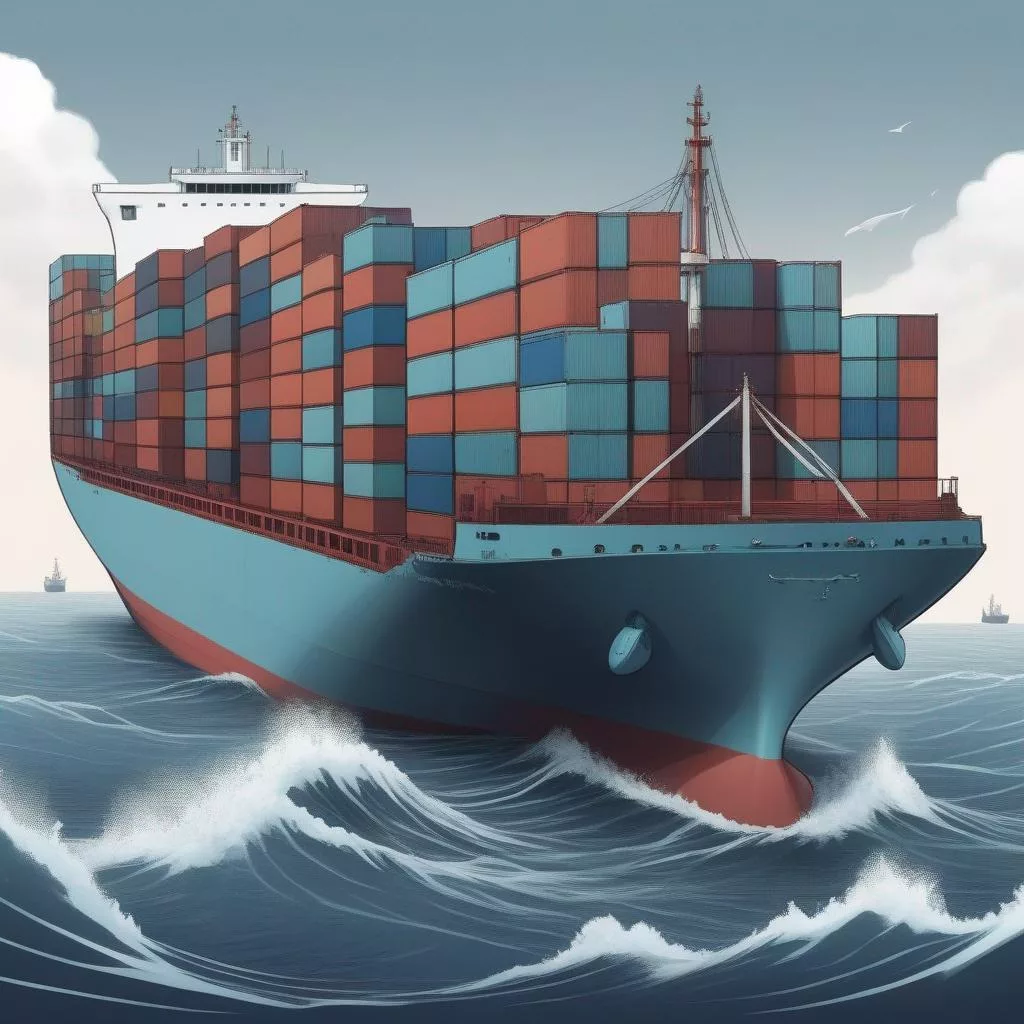One of the common questions among Docker users is whether Docker containers consume disk space. Understanding how Docker manages storage can help you optimize your containerized environment and manage resources efficiently. Let’s delve into the details.
Understanding Docker Container Storage
Docker containers do consume disk space, as they encapsulate all the dependencies and files needed to run an application. Each container has its own filesystem, which includes the application code, runtime, system tools, libraries, and any other dependencies.
When you create a new Docker container, Docker creates a writable layer on top of the container image. This layer, known as the container layer or container filesystem, stores any changes made to the container during its runtime, such as file modifications, installations, and data persistence.
Optimizing Disk Usage
To manage disk space usage effectively in Docker, consider the following strategies:
- Image Optimization: Use efficient base images and avoid including unnecessary dependencies in your Docker images. Opt for lightweight base images like Alpine Linux whenever possible.
- Container Cleanup: Regularly clean up unused containers, images, and volumes to reclaim disk space. You can use commands like
docker container prune,docker image prune, anddocker volume pruneto remove unused resources. - Volume Management: Be mindful of data volumes and persistent storage attached to containers. Use Docker volume drivers or external storage solutions to manage data outside of container filesystems.
Monitoring Disk Usage
It’s essential to monitor disk usage in your Docker environment to identify potential issues and prevent resource exhaustion. Tools like Docker’s built-in disk usage commands and third-party monitoring solutions can help you track disk usage across containers, images, and volumes.
# Check disk usage for containers
docker system dfBy regularly assessing and optimizing disk usage, you can ensure efficient utilization of resources and maintain a healthy Docker environment.

Leave a Reply